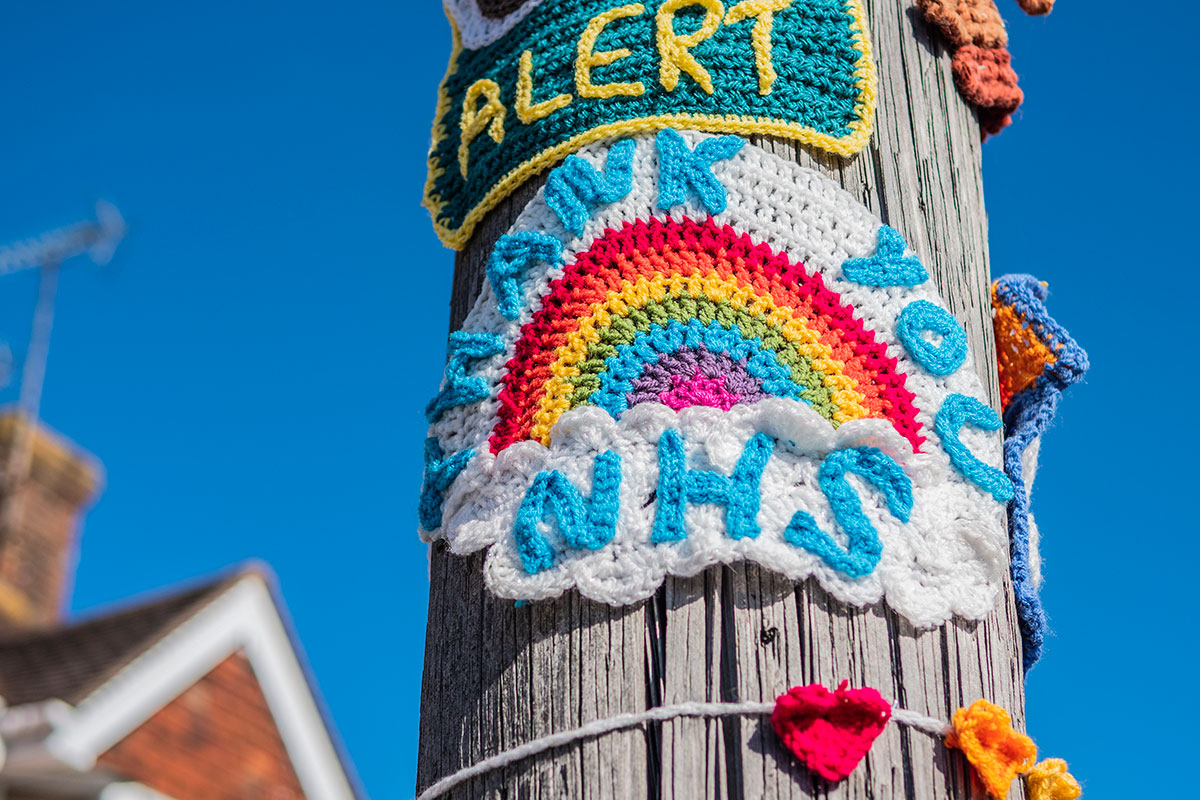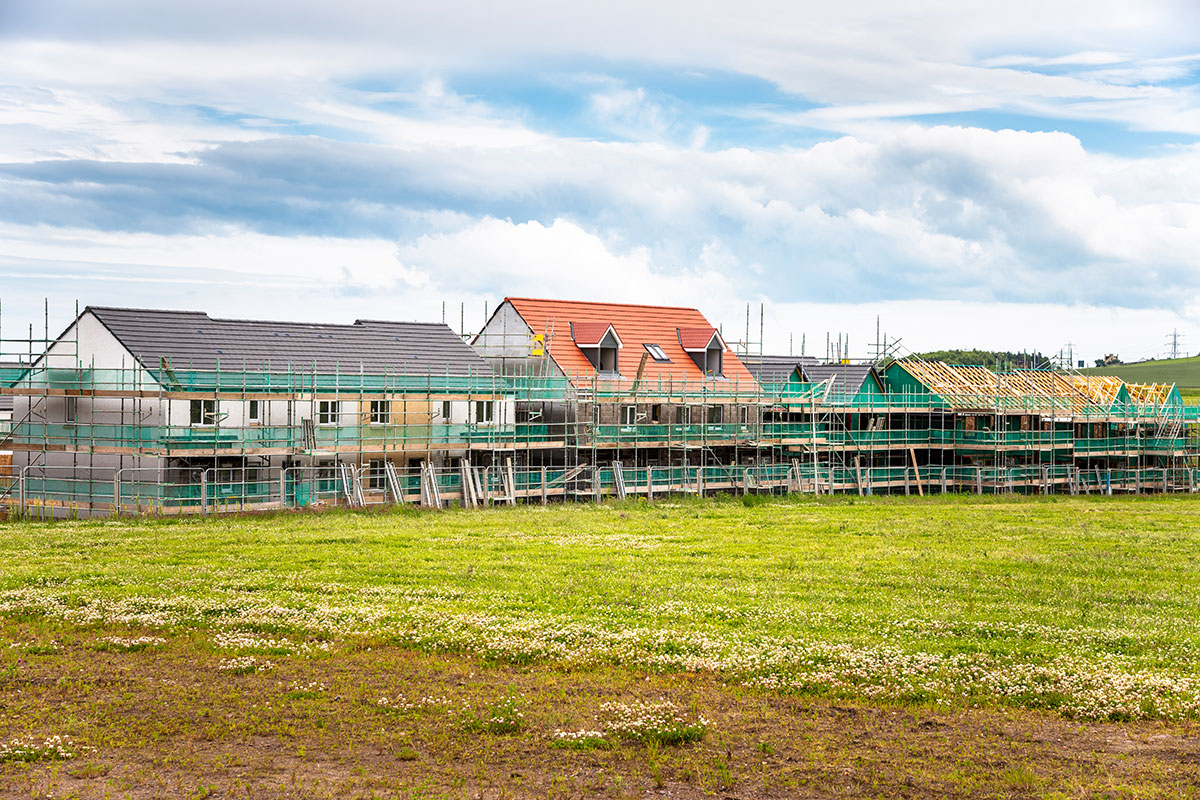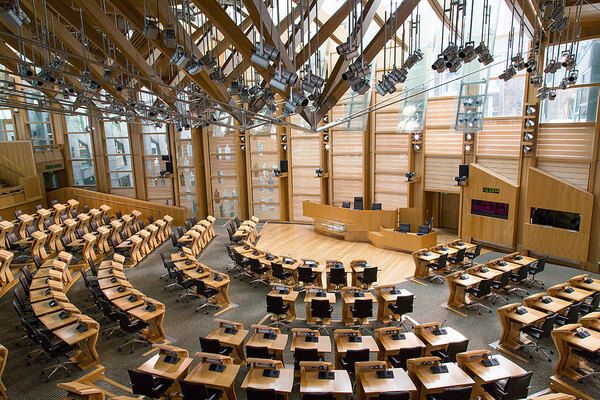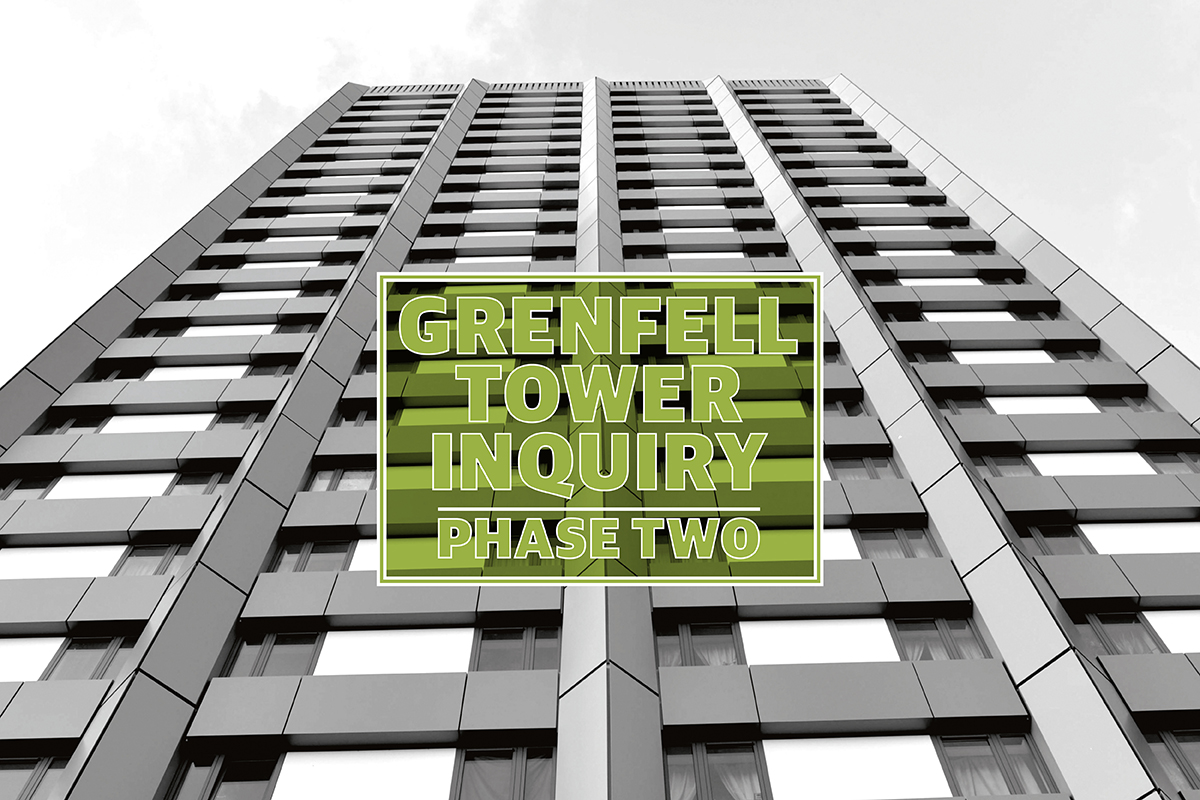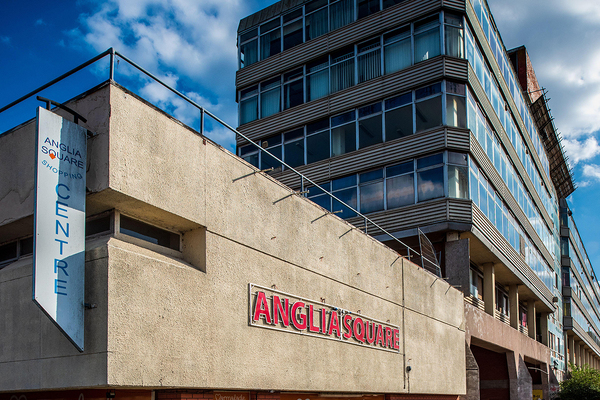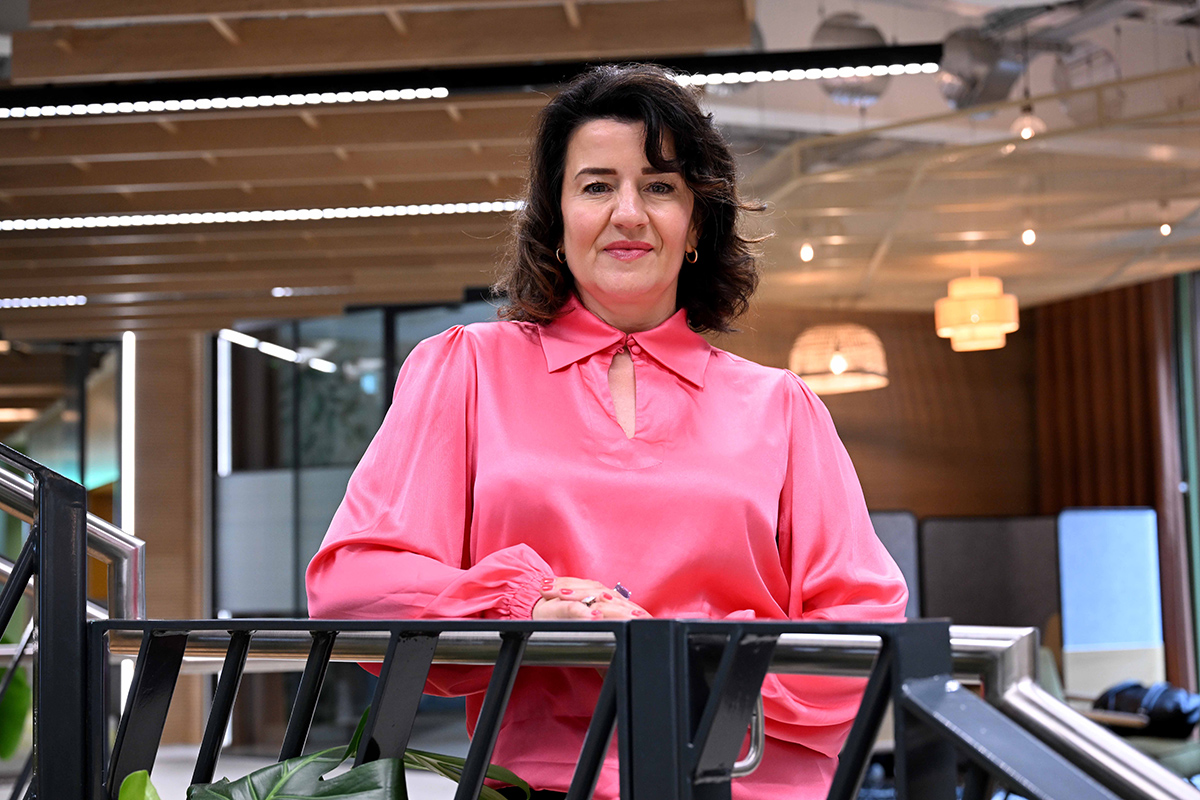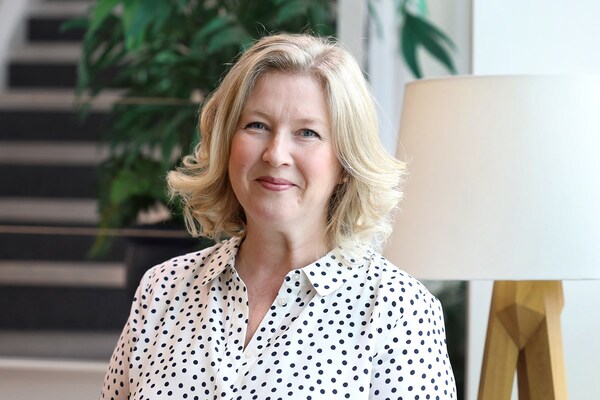You are viewing 1 of your 1 free articles

What does the past year mean for the future of social housing and its regulation?
Building and protecting the resilience of our people, organisations and communities is likely to become central to what we all do, writes Michael Cameron
It always seems to surprise how quickly at this time of year the daylight hours start to lengthen.
But the lighter nights are coming, and it would be nice to think of that as an analogy for the brighter days to come as the COVID-19 vaccine rolls out and we can start to move more confidently into 2021.
Social landlords in Scotland were among the first on to the frontline in local communities, supporting their tenants and residents through the challenges of the COVID-19 pandemic. This support includes responses that are well beyond core landlord activities, but are essential to the well-being of individuals, households and communities.
Landlords have put in place new services or expanded existing services to tackle loneliness and digital exclusion and to ensure people have access to basic supplies.
All of this is happening in the context of landlords having to manage the effects of the pandemic on their businesses – rising arrears, significant backlogs in responsive and planned maintenance, empty homes, and in a range of other services.
And, of course, we have seen a significant rise in the number of people in temporary accommodation over the period of the pandemic. These are critical and urgent issues that landlords will have to tackle in the immediate recovery from the pandemic, and they are likely to consume attention and resources in the short to medium term.
But we know that landlords are now looking further ahead, and many are asking: what now? Whether it’s under the heading of ‘build back better’ or the ‘next normal’, people are looking back at the past year and asking what it means for what and how we deliver in social housing into the future.
Clearly, providing warm, dry, safe, secure and affordable homes in places people want to live in will remain the central purpose of social landlords.
But what does the last year mean for the types of services that landlords will want to offer? Is there now an appetite, and a need, for the continuation of some of the welfare and well-being services that landlords introduced or extended in response to the pandemic?
Has there been a significant shift or recalibration in customer expectations? What do people want from their home and what do they want their landlords to do for them?
There will be pressures and demands on social landlords as we move out of the pandemic. We are still to see the full extent of the economic fall-out and how that will impact tenants and landlords. There are huge agendas for change around inequality, climate change and sustainability, and digital connectivity to name a few.
There are heightened risks for landlords from the impact of Brexit on supply chains and market disruptions that exacerbate the challenges from the pandemic. Effective cyber security will be ever more critical in an increasingly complex digital world.
Testing, building and protecting the resilience of our people, our organisations and our communities is likely to become central to what we all do.
There is no pre-existing blueprint or road map for what comes next. And the absence of a plan provides the social housing sector with an opportunity to shape the future.
Much of the social housing sector was born out of the necessity for people and communities to take action themselves to drive change and build a better future. So, there’s a track record there. And this does feel like a moment when that type of leadership will be much needed.
And it strikes me that, now more than ever, it will be so important to have a meaningful dialogue with tenants, residents and communities around what’s important to them and what they want and need from their landlord.
Michael Cameron, chief executive, Scottish Housing Regulator
Sign up for our Scotland newsletter
Already have an account? Click here to manage your newsletters
